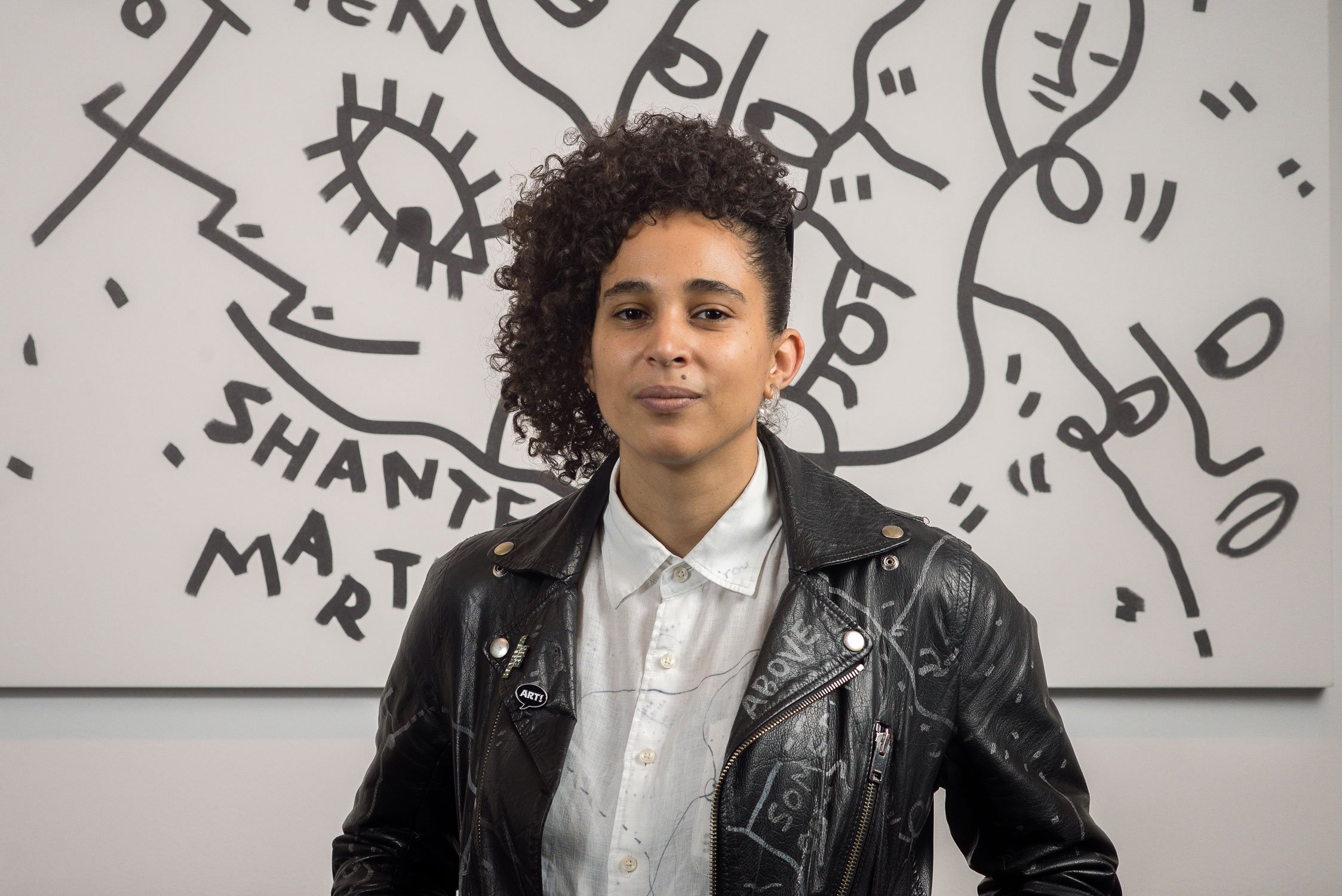
The advertising firm McCann and its client, the technology company Microsoft, are facing swift blowback after asking the artist Shantell Martin to paint a Black Lives Matter mural on the plywood-covered windows of a shop on 5th Avenue in Manhattan “while the protests are still relevant.”
The offer, which Martin publicized on her social media accounts, came from a McCann employee asking the artist to paint the mural while “the boards are still up,” giving her just four days to complete the job.
“We love your work and would be very excited to partner with you as a Black artist in the New York City community,” the email reads.
In an extended comment on the email published on Instagram, Shantell wrote:
“Here’s an example of what it’s like to A) [be] reminded of my Blackness, B) how Black pain and oppression is commodified with performative allyship C) what systematic racism looks like within corporations.”
She added: “MOST IMPORTANTLY D) apparently the folks at @microsoft and McCann Erickson feel that that the #blacklivesmatter Movement and protests will not be relevant after this weekend. Education and Accountability must occur in order to see REAL change. Supporting equality only when it’s popular is in itself a form of racism.”
Since Shantell’s post went viral, Microsoft’s chief marketing officer, Chris Capossela, and McCann’s CEO, Harris Diamond, posted public apologies on Martin’s Twitter feed, but the artist told AdWeek that she had not been contacted directly.
Martin is no stranger to working with advertising agencies and other companies, having successfully sold her signature black-and-white line drawings to companies like Vans, Facebook, and the rapper Kendrick Lamar.
She’s also no stranger to racism, telling an AdWeek reporter that she was once barred from entering a building for a meeting while her white assistant was let in.
“Those are the day-to-day things we have to deal with as Black people,” she told AdWeek, adding that “at least three” other artists contacted her saying they got the same email from McCann.